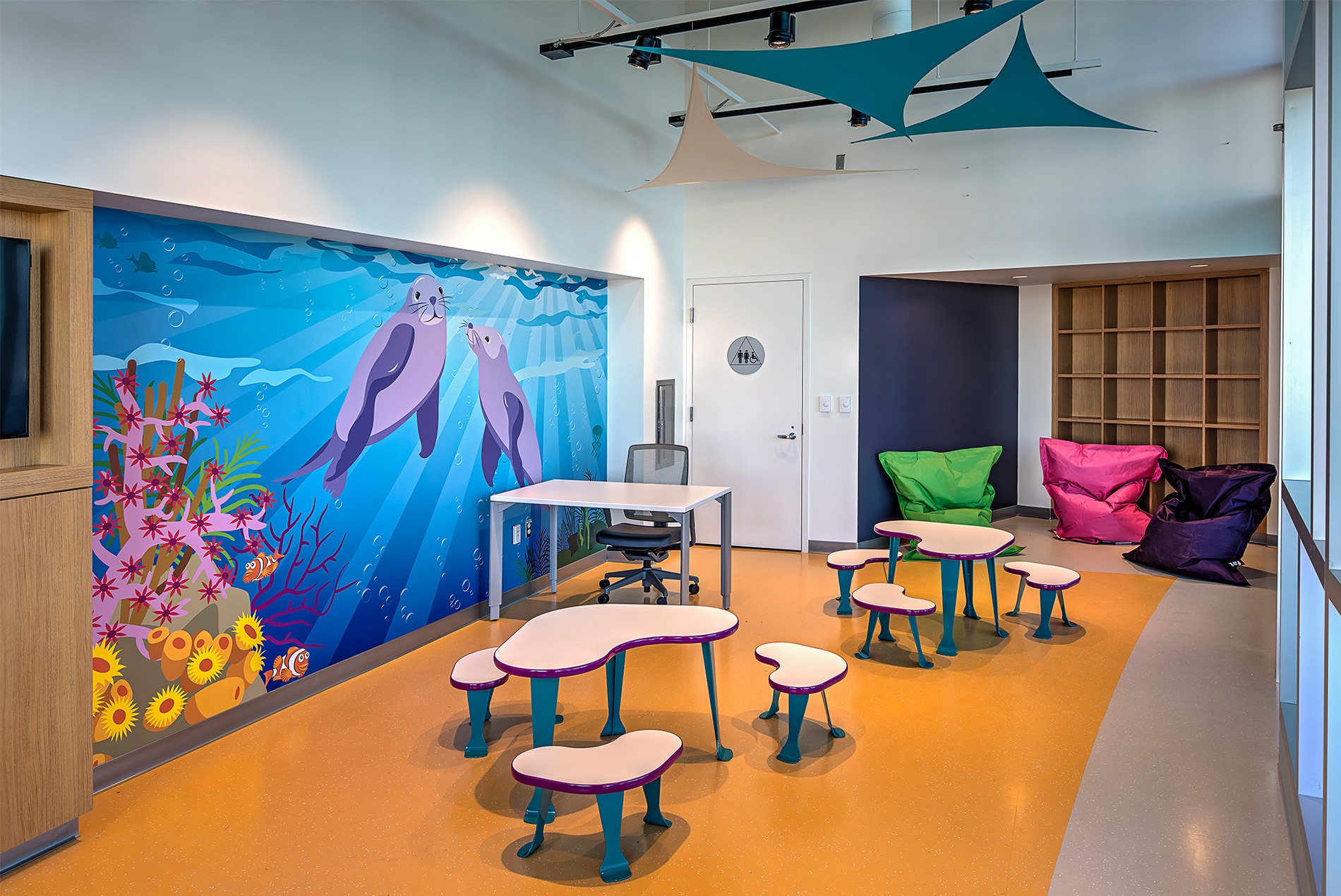News
Dignity by Design: Our Views on Justice Architecture
August 29, 2024Since 1937, Freeman French Freeman has taken immense pride in designing places that are the bedrock of our communities, like schools, community centers, health care facilities, government buildings, and more.
In recent years we have also partnered with the State of Vermont to improve facilities in the criminal justice system, which includes court houses and corrections. We knew up front that this decision would raise some eyebrows – why would a progressive firm like ours choose to get involved in such a controversial field?
The answer goes back to our company’s mission, which is to improve lives through architecture. The current correctional system in Vermont is not working – for anyone. Existing facilities are decades old, in need of major repairs, and are designed around a dated corrections model that the State no longer practices. Both inmates and staff suffer as a result. Incarcerated people are less likely to recover and re-enter society successfully. Prison staff can’t do their jobs effectively and burn out quickly.
That’s why the State of Vermont has been studying how to improve our criminal justice system for the past decade. Working with experts from academia, advocacy organizations and many others, state leaders have been working to create a forward-thinking system that prioritizes rehabilitation and renewal.
Instead of places where people are sent to be punished, modern correctional facilities focus on treatment. They are places where people receive the help they need to lead productive lives, which includes round-the-clock behavioral and physical health services, addiction treatment, and life-skills and job training. This model, based on facilities in Scandinavia, Maine, and elsewhere, offers a full continuum of care designed to change lives and protect the health, safety, and welfare of everyone in the community.
To date, FFF has been a supporting partner in this effort with HOK, a global leader in advancing the field of “justice architecture,” which includes the design of correctional facilities. We partnered with HOK because of their vast experience in trauma-informed design and treatment-focused approaches to prison reform. Not only do their values closely align with ours, but they have the expertise our state needs to design a state-of-the-art facility.
The first project that may come out of this effort is a new women’s facility, which would replace the 50-year-old jail on Swift Street in South Burlington. The State is actively studying two parcels of land in Essex, Vermont as potential sites. The facility itself has not yet been designed, and the opening of a new facility is still years away.
In the coming months Vermonters can expect a vigorous public process on the siting and design of the new facility. This is, after all, the Vermont Way. Many in our community will have questions about what kind of facility Vermont needs, or if we even need a new facility at all. As a firm, those decisions are not ours to make.
What we can do, however, is use our expertise as architects and planners to improve the criminal justice system as best we can. We look forward to the day when we no longer need correctional facilities in our society. But until that day comes, we should build facilities that heal rather than harm, and they should be located inside our state borders for the benefit of incarcerated persons and their families.
We understand that criminal justice reform is a complex issue and there is no one right solution. We are lucky to live in a caring and compassionate state and we are hopeful that we can work together to make the system better for everyone in the years ahead.

HOK designed the Maple Street Correctional Center in San Mateo County, California, which includes community spaces like this visitation room for mothers and their children.
BackProject Spotlight: The Montpelier Performing Arts Hub
On a quiet hilltop just minutes from downtown Montpelier lies a bucolic campus green, surrounded by...
